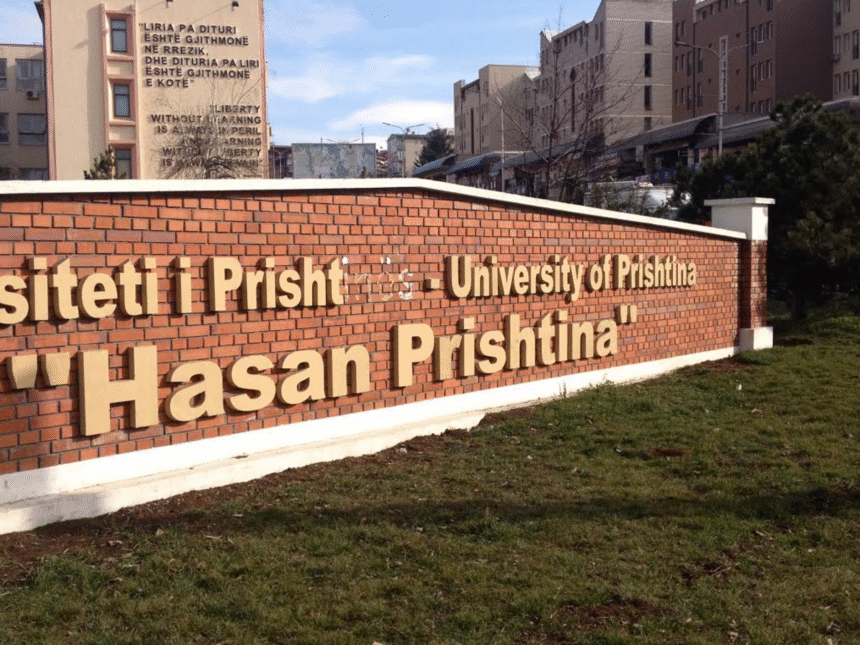Prishtina, July 20, 2025 — Interest in public universities in Kosovo has been steadily declining in recent years, as a combination of demographic trends, emigration, and a crowded higher education landscape reshapes the country’s academic environment.
According to education expert Bardha Qollaku, the number of students enrolling in both public and private higher education institutions is now almost equal — with private universities attracting 43% to 47% of all students.
“Public universities require entrance exams and have stricter admission criteria, especially in certain competitive fields,” Qollaku told Radio Kosova. “Meanwhile, many private institutions often do not enforce minimum GPA or state exam results, making them more accessible.”
The decline in student numbers is being felt across the board. Egzon Gashi, director of Teach for Kosova, pointed out that a drop in birth rates and a high number of both public and private institutions are leading to shrinking student bodies across the country.
“We have fewer children entering primary schools each year, and this naturally affects enrollment at the university level,” said Gashi. “We’ve surpassed the sustainable number of universities. Education should not be profit-driven to the point where institutions enroll students who couldn’t meet public university standards.”
Naim Gashi, director of the Kosovo Accreditation Agency, said that the agency has recently tightened quality criteria, resulting in several private institutions losing accreditation due to failure to meet new standards.
“We’ve significantly raised the bar for accreditation. The European Commission itself noted a reduction in the number of institutions and student quotas based on these quality standards,” Gashi emphasized.
University professor Blerim Rexhaj added that many high school graduates now prefer private institutions due to more appealing programs and easier admissions. However, he urged public universities to revisit their academic offerings and policies to win back the student market.
“At the University of Prishtina, some programs were highly competitive, while others barely reached 30% enrollment. This shows the need for strategic re-planning,” Rexhaj said. “Public universities and the Ministry of Education must align their programs with market needs to avoid misdirecting students into irrelevant paths.”
Rexhaj stressed the importance of early career orientation and stronger promotion of public universities to regain trust and relevance.
In 2025, a total of 18,130 students sat for the State Matura Exam, highlighting the growing gap between eligible graduates and the number of actual university enrollments — especially in public institutions.







